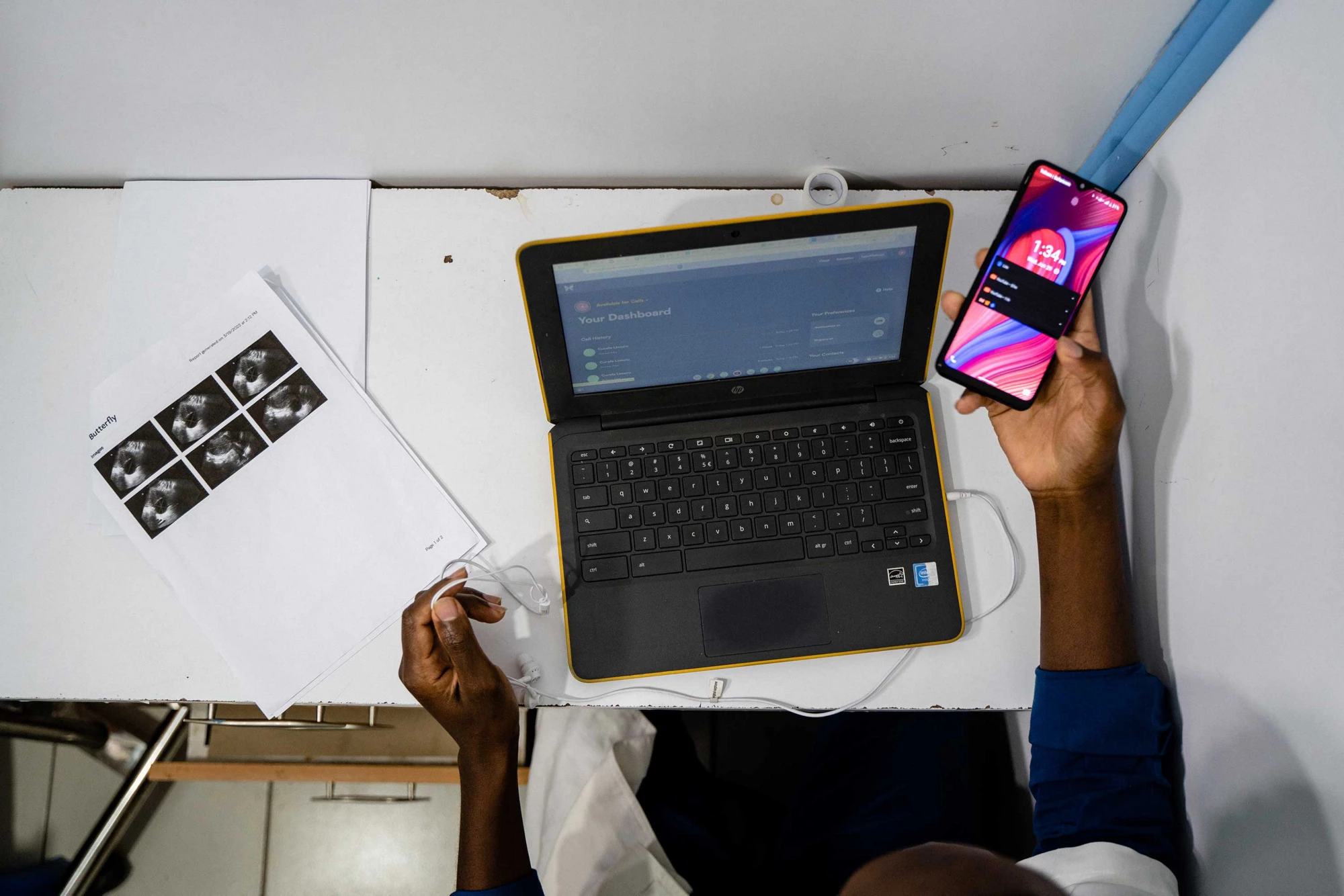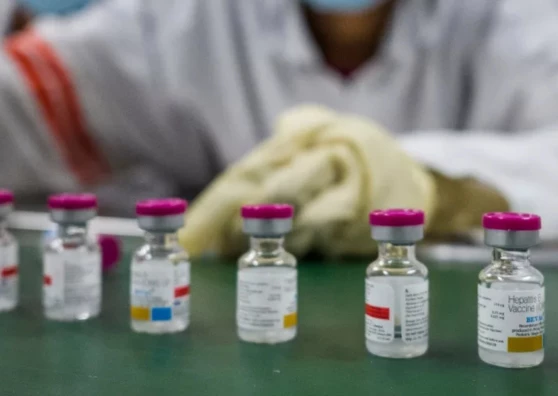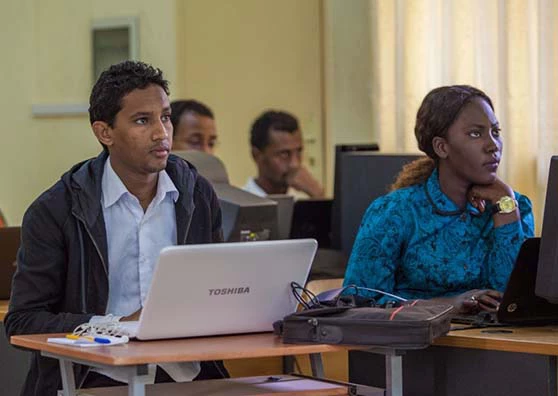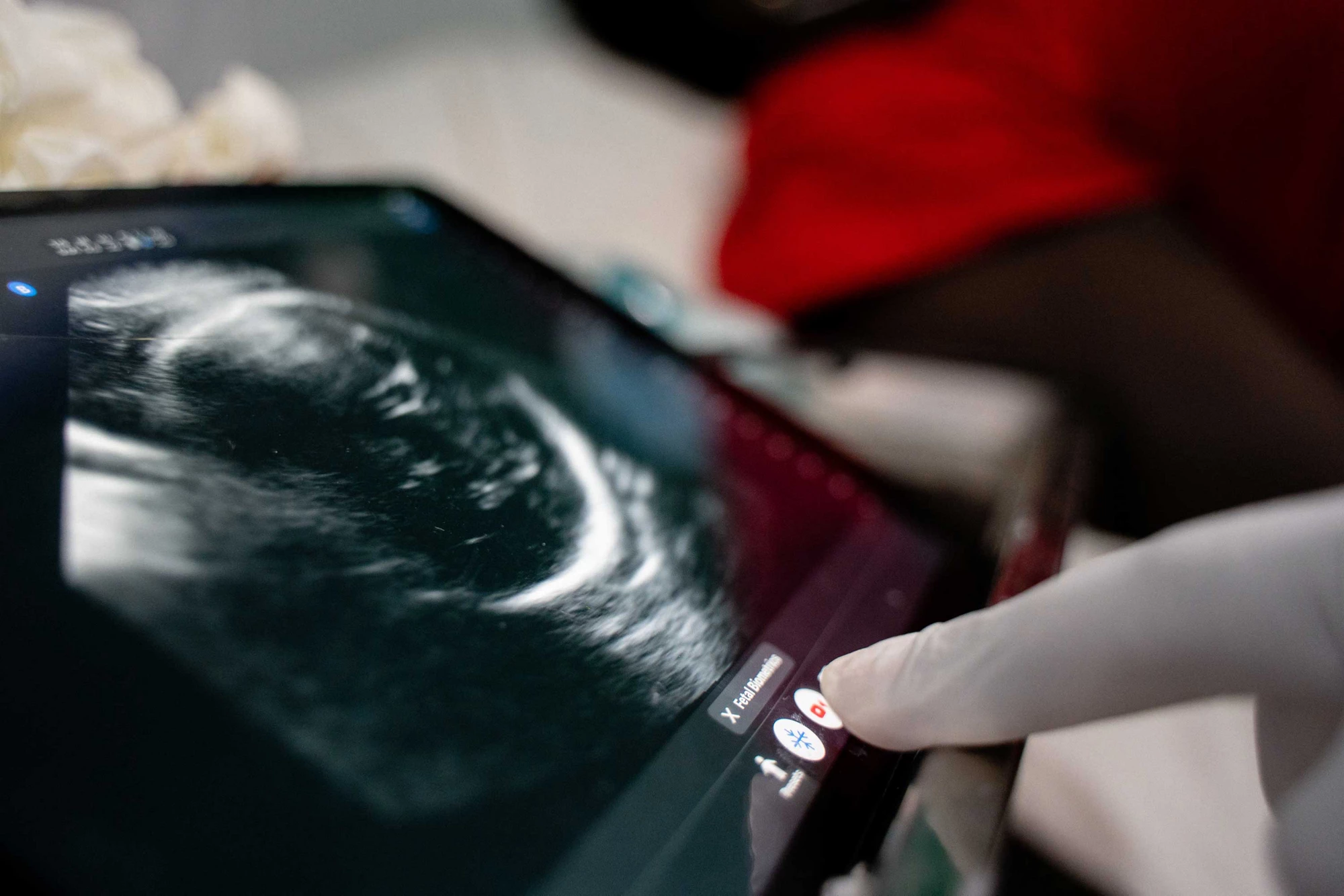By Gina Wilkinson and Devon Maylie
Africa’s health sector is under enormous pressure and struggles with shortages of skilled doctors and nurses, limited infrastructure, chronic underfunding, and the world’s highest level of maternal and child mortality. New technologies and innovative business practices, including private health providers, are essential in addressing some of the most pressing challenges.
Africa’s digital health market is expected to reach $5.87 billion in 2023, according to a Statista report. Capital for health tech startups is already rapidly increasing, rising by nearly 258% between 2019 to 2020 and reaching total funding of $190 million in 2022, according to Disrupt Africa.
“Not only is the tech-evolved healthcare system more convenient for patients, but it has also provided greater efficiencies for healthcare providers,” said Jide Olanrewaju, Business Unit Partner at asset manager TPG and its Evercare Health Fund. “Access is really just the first step – technology is helping us go further by bridging the gap between access and convenience. Technology is playing a large role in increasing access to healthcare and reducing costs through telemedicine, digital medical devices, and mobile technology.”
To help more healthcare providers access cutting-edge technology, TechEmerge launched in East Africa in 2020 to strengthen healthcare services, improve patient outcomes, and build commercial relationships by leveraging the power of health tech.
The program matched 16 health-tech companies from across the globe with 15 private hospitals, primary care clinics, laboratories, and other healthcare providers in Kenya, Uganda, and Ethiopia.
Over a two-year period, program participants conducted more than 20 pilots using tech innovations such as portable ultrasounds, digital record keeping, and AI-powered real-time cardiac diagnosis. The pilots underscored the power of health-tech to improve access to, and affordability and quality of care.
For example, Hallelujah General Hospital in Addis Ababa partnered with Indian innovator Coeo Labs, a division of InnAccel Technologies, to pilot a breathing support device for infants. The pilot had an 82 percent success rate for continuous positive airway pressure (CPAP) and resuscitation therapy in neonatal patients, higher than the global average of 50% with traditional bottle CPAP machines, and avoided the need for invasive mechanical ventilation in many infants.
“This technology has made it possible to monitor the fraction of oxygen that has been delivered to the neonate as well as the positive-end expiratory pressure, which we couldn’t do with the older, conventional CPAP machines used by most hospitals,” said Dr. Kaleab Dereje Workagegnehu, Medical Director at Hallelujah General Hospital.
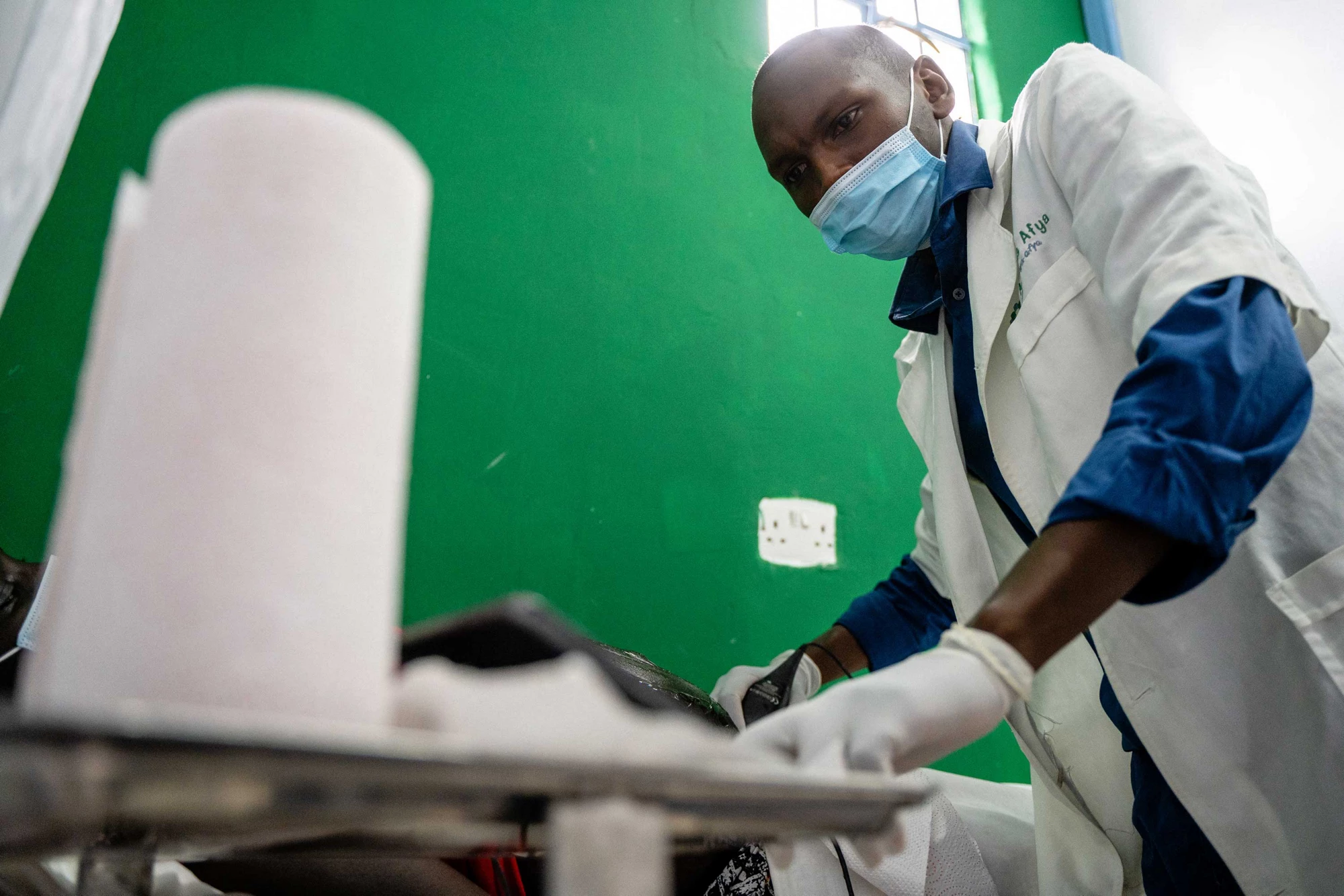 Alfred Kibet a sonographer at Access Afya administers an ultrasound using Butterfly IQ technology. Photo: IFC / Daniel Ndung'u.
Alfred Kibet a sonographer at Access Afya administers an ultrasound using Butterfly IQ technology. Photo: IFC / Daniel Ndung'u.
Helping Health-tech Innovators Enter New Markets
To date, TechEmerge pilots have been conducted at more than 160 clinical sites on three continents, and participants have signed almost 45 commercial contracts , and innovators have raised over $330 million to expand their operations.
Deployment of these successful technologies is expected to benefit over 700,000 people every year across the TechEmerge programs in Brazil, East Africa and India, including mothers and pregnant women in the Kisii settlement, like Wanjiku.
Next, TechEmerge is exploring expansion of its health innovation program in West Africa. Tech companies, innovative startups, and healthcare providers can visit www.techemerge.org for more details.
IFC’s TechEmerge Health East Africa Innovation Program was implemented in partnership with the governments of Japan, Israel, and Finland.
Further Reading
